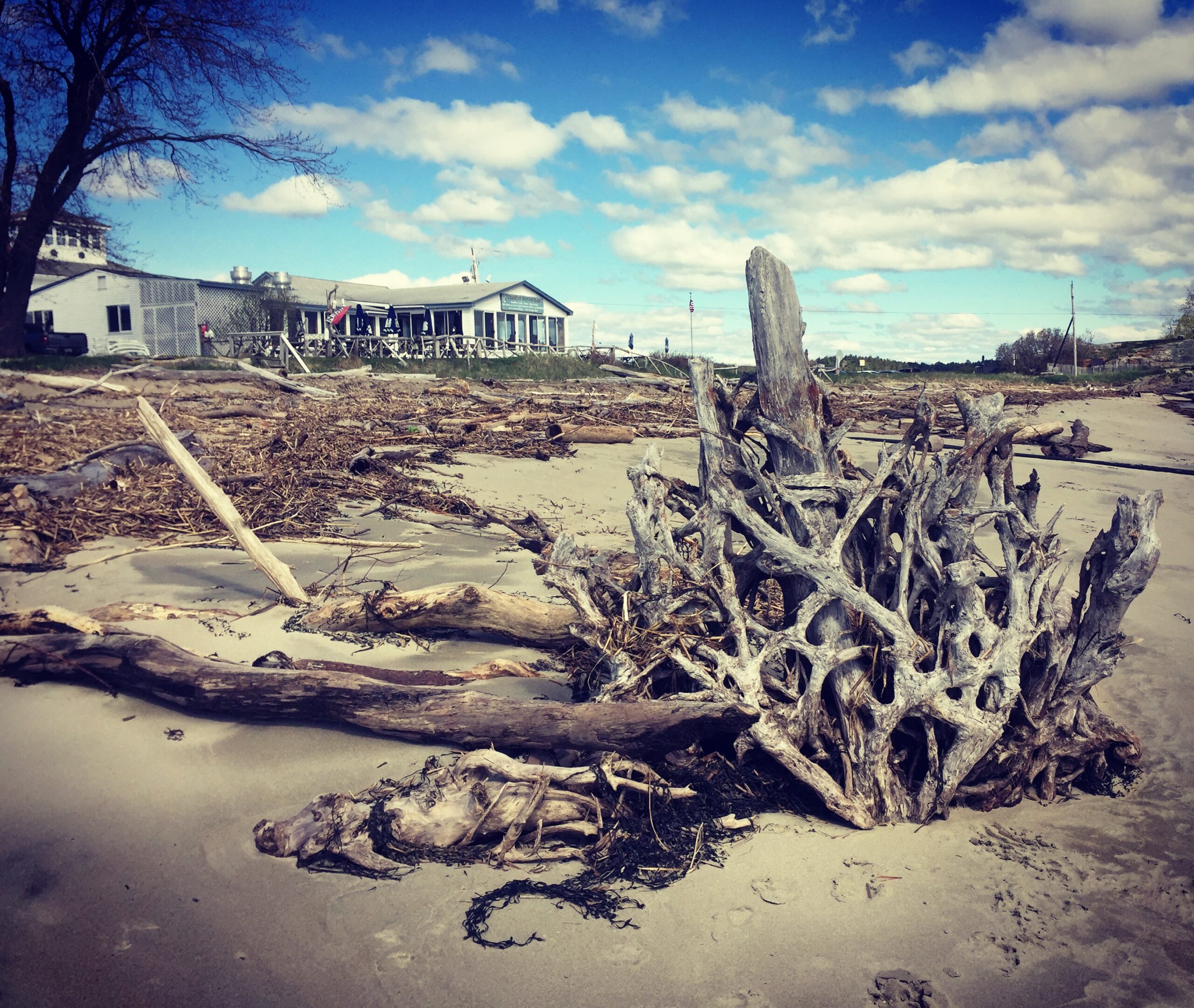
Beginning with the work of Erich Fromm, and perhaps that of many less visible social observers before him, the assumption has usually been made that freedom tends to induce anxiety. This may be a modern-day equation. Anxiety is induced when there is an ambiguous source of threat. With freedom come many new threats, whereas with authoritarianism there are fewer (but usually very clear) threats. When we become free, then, there is freedom from the specific authoritarian threat; however, we are now vulnerable to the new and unknown. Thus. we experience anxiety.
There is the sense that our colleagues in Hungary and Estonia had already experienced freedom from and now confront the challenge of freely deciding what they would do with their new freedom, the freedom to be and do something of their own choosing. They faced life on the edge, in limbo, at the threshold, while creating a new image of the future (Polak, 1972). As all of us approach the mid- twenty-first century, we create images of the future—whether we live in the United States, Estonian or Iran. As we accomplish or achieve each one, then that image of the future is “confiscated” and we must create a new image. In this sense, freedom is more a process than an end state.
I turn in the next set of essays to a much fuller exploration of these various issues regarding the nature of freedom, including the paths of escape and the illusions that shield us. I look at the ways in which Estonians have confronted their own challenge of freedom and have in turn begun to find routes to their own distinctive and ongoing sense of true freedom. I also turn again to the issue of freedom and the escape from freedom to be found elsewhere in the world—be it Israel, Libya, China or the United States.








